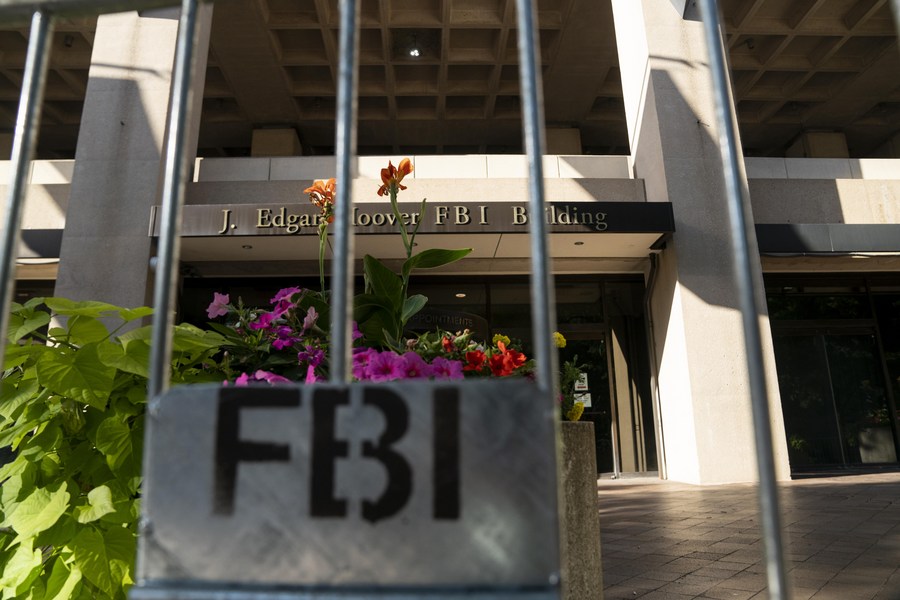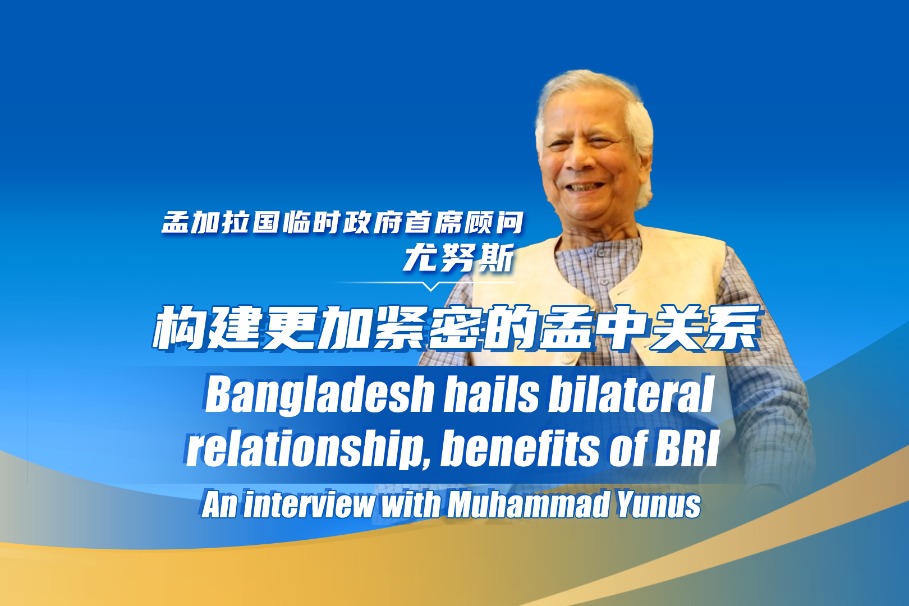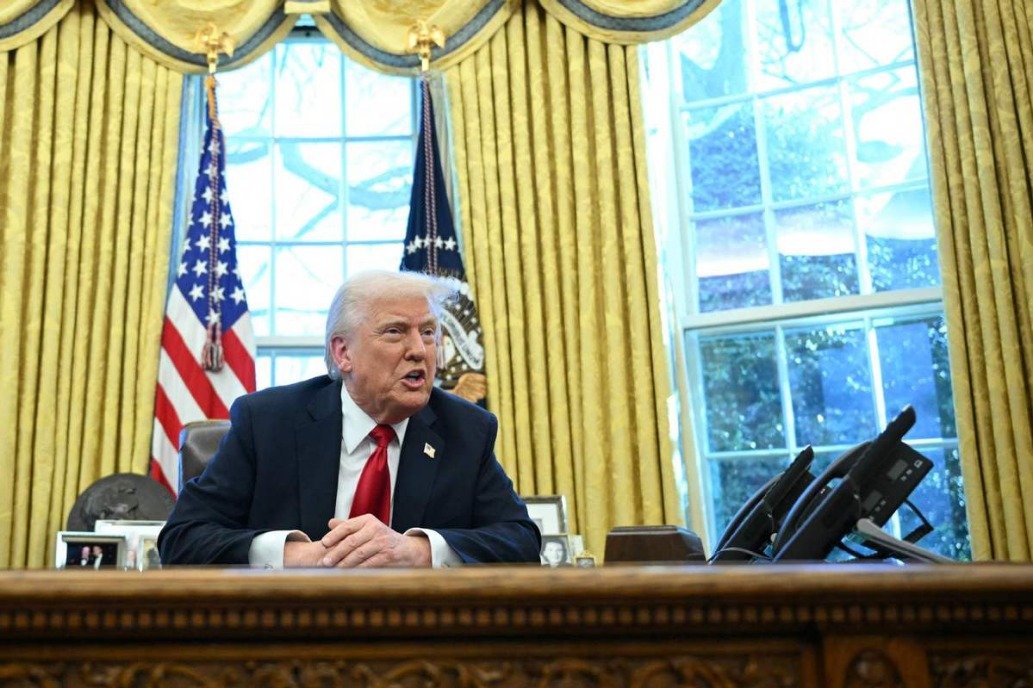FBI heat on Chinese-origin minds while global competition hots up


The Federal Bureau of Investigation conducted a day-long raid at the house of Wang Xiaofeng, a Chinese-American professor at Indiana University Bloomington, and his wife, Ninali Ma, on Friday. Multiple items were seized during the search, but the FBI is yet to disclose reasons for the operation.
A glance at Wang's résumé, however, offers some clues. Wang is one of the world's foremost experts in computer security. He is a fellow of the Institute of Electrical and Electronics Engineers as well as the American Association for the Advancement of Science, and a member of the Association for Computing Machinery. He has also served as chairman of the Association for Computing Machinery's Special Interest Group on Security, Audit, and Control. He is rated as a top author according to CSRankings, and he holds the record for having the most publications in the field's top four conferences.
Yet, despite his solid academic credentials, Wang was subjected to an all-day FBI raid. With the FBI giving no reasons for the raid, one is forced to conclude it might have something to do with his Chinese roots.
Given the US Department of Justice's history of prosecuting Chinese-American scholars — such as Feng Tao, a former tenured associate professor at the University of Kansas, who endured five years of legal battles before being found innocent in July 2023 — this could be just the start of Wang's ordeal.
The incident has reignited fears of the return of the China Initiative — something the first Donald Trump administration came up with in November 2018 to counter alleged Chinese espionage, drawing widespread allegations of racial profiling of scholars of Chinese descent.
The China Initiative required regional US attorney offices to file at least one or two China-related cases annually. The FBI used this mandate to fabricate baseless allegations of "academic espionage" against Chinese researchers.
A July 2024 report from Stanford University's Center on China's Economy and Institutions found that since the launch of the China Initiative in 2018, departures of Chinese-origin scientists increased by 75 percent, with two-thirds relocating to China.
The exodus has been accelerating. From 900 in 2010, the number of Chinese-descent scientists leaving the US surged to 2,621 in 2021. Many took with them expertise in cutting-edge AI and semiconductor technologies, which are precisely the fields the US is desperate to dominate.
As Fortune magazine has noted, "The US depends on immigrants for top AI talent. But many struggle to get visas that would allow them to do the work". Despite weaponizing visa denials, FBI interrogations, and funding blacklists over "national security" concerns, Washington has not found a single case of espionage.
By thus alienating these top minds, the US is betraying its professed values of racial equality, while weakening its own scientific and technological edge. This isn't really about national security. It is institutionalized xenophobia masquerading as policy. The US refuses to admit that targeting researchers based on surnames and birthplaces fundamentally undermines the very culture of open collaboration and meritocracy that built its technological dominance in the first place.
The Joe Biden administration ended the China Initiative in February 2022 after an internal review pointed out its flaws. A Justice Department statement admitted that the program had "helped give rise to a harmful perception that the department applies a lower standard to investigate and prosecute criminal conduct related to that country — or that we in some way view people with racial, ethnic, or familial ties to China differently".
Now, with the shadow of the China Initiative looming once again, the chilling effect on the US research community threatens to stifle innovation at the very moment global competition is intensifying.


































